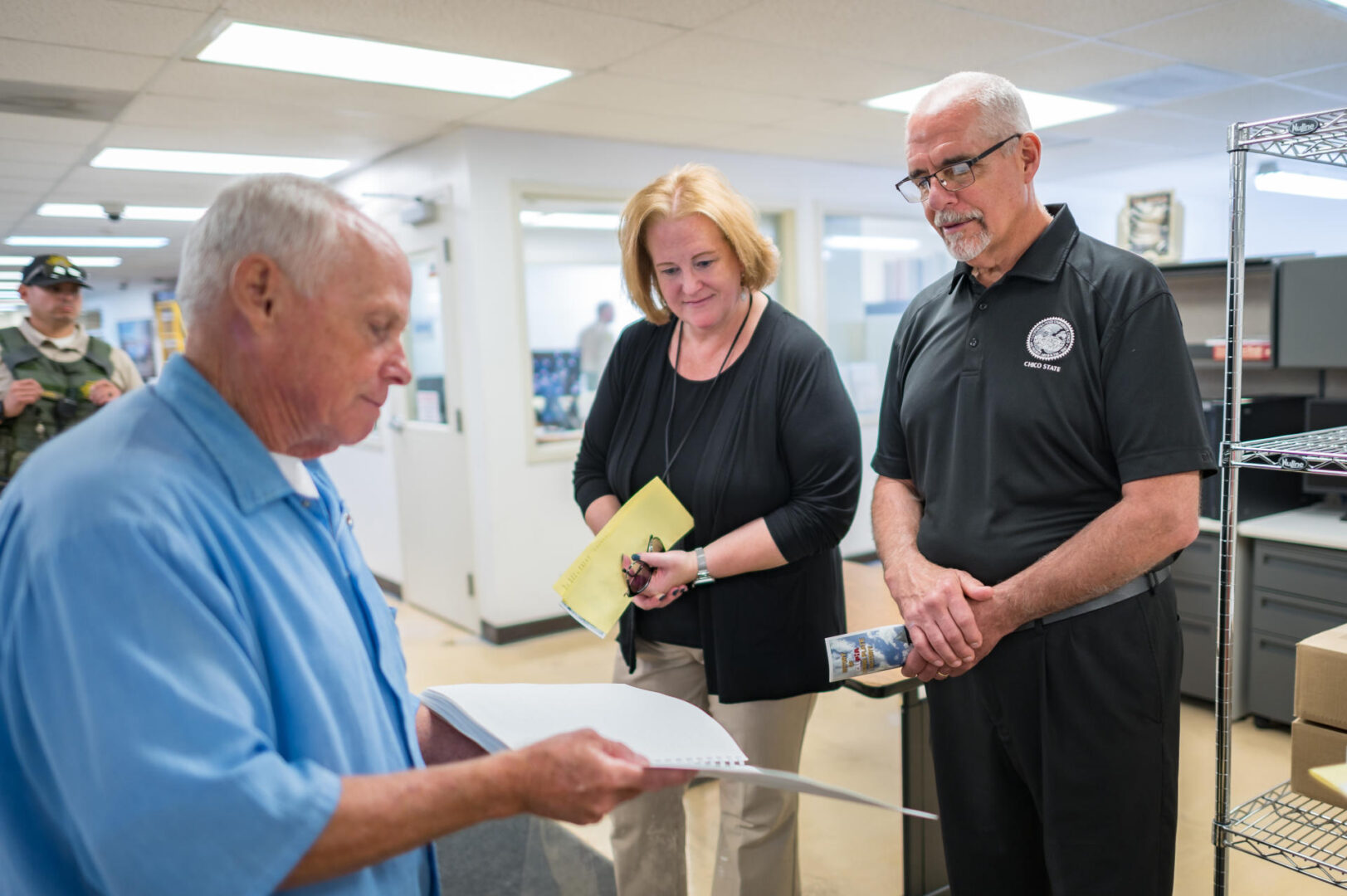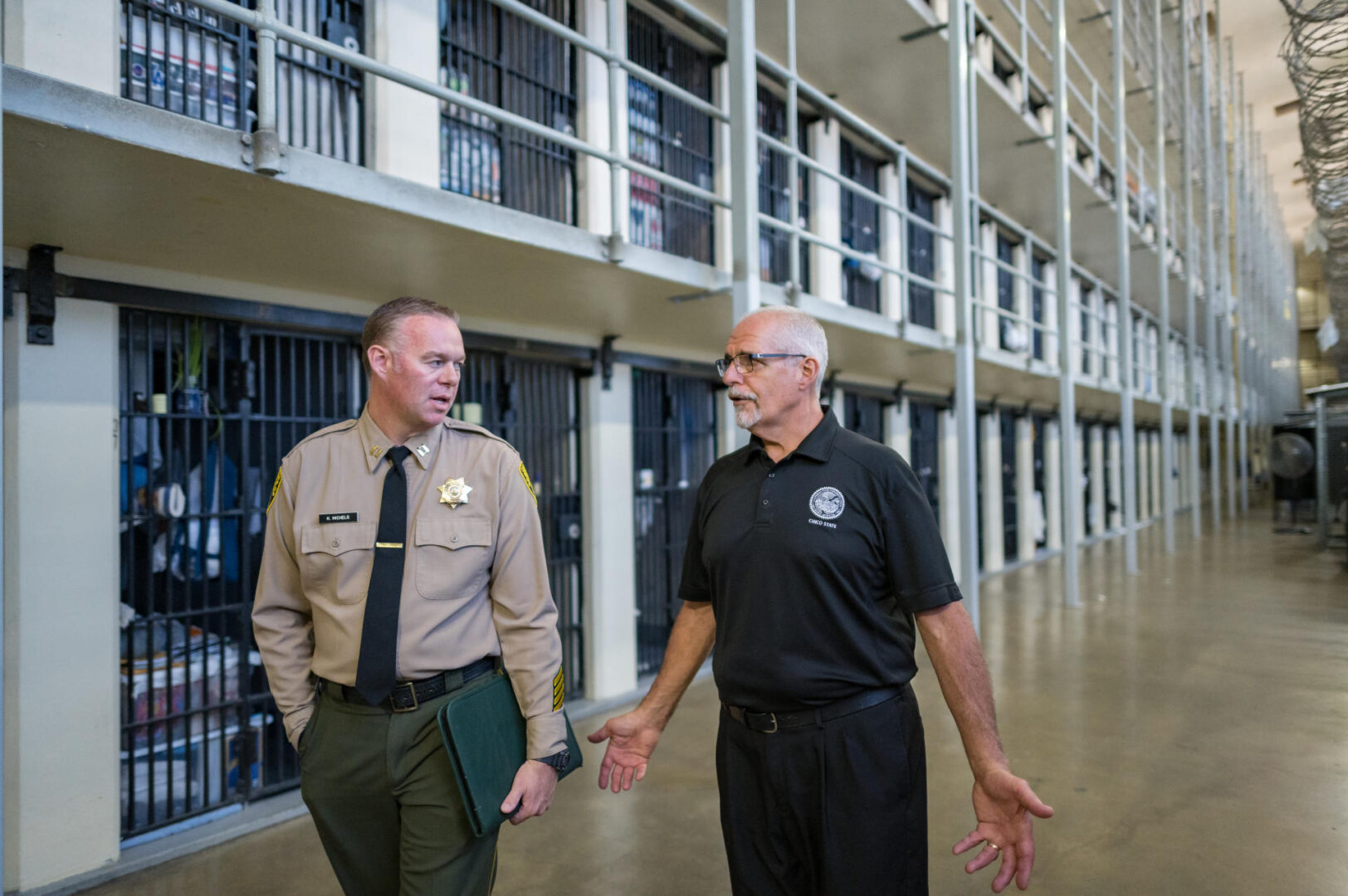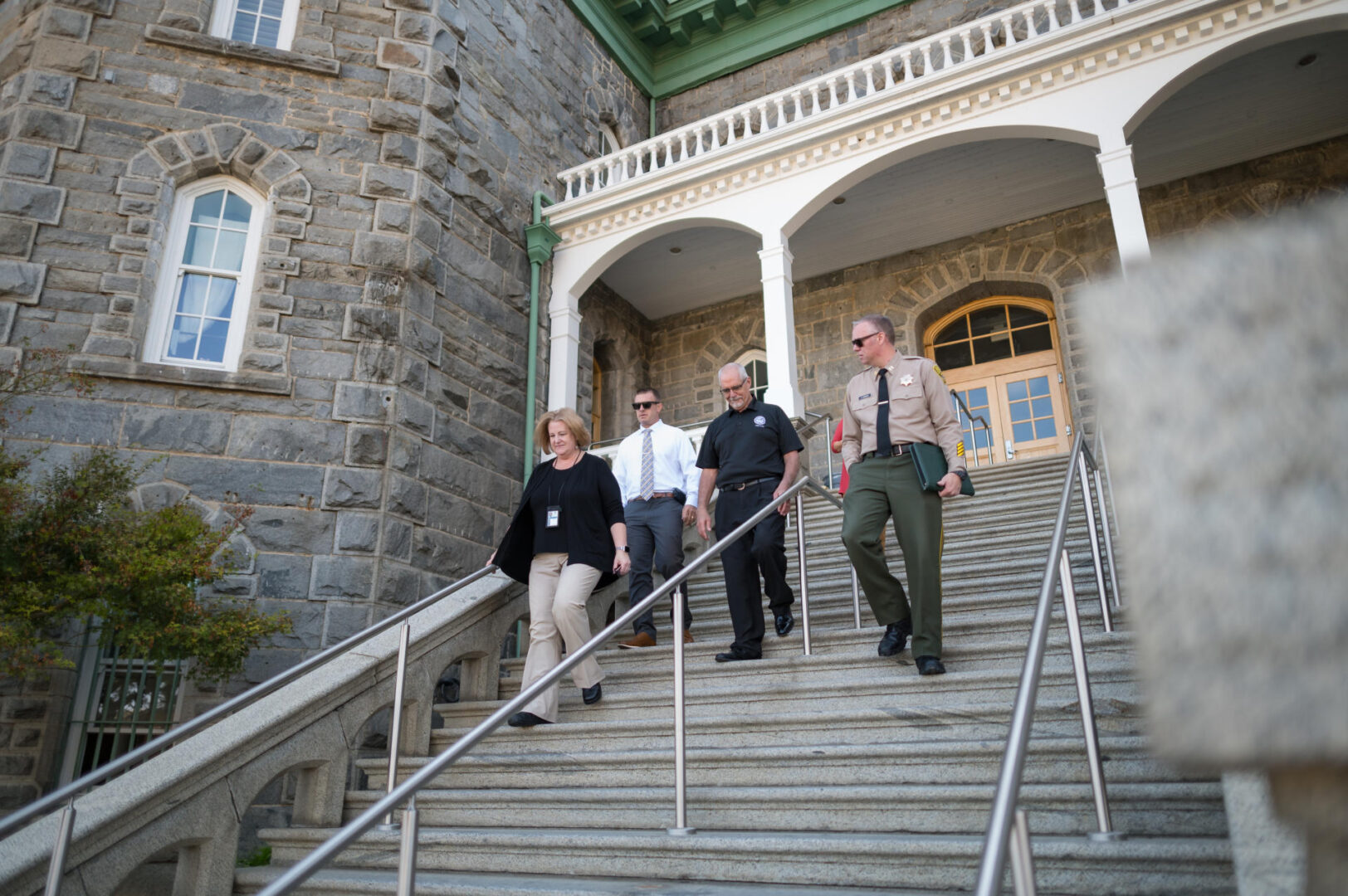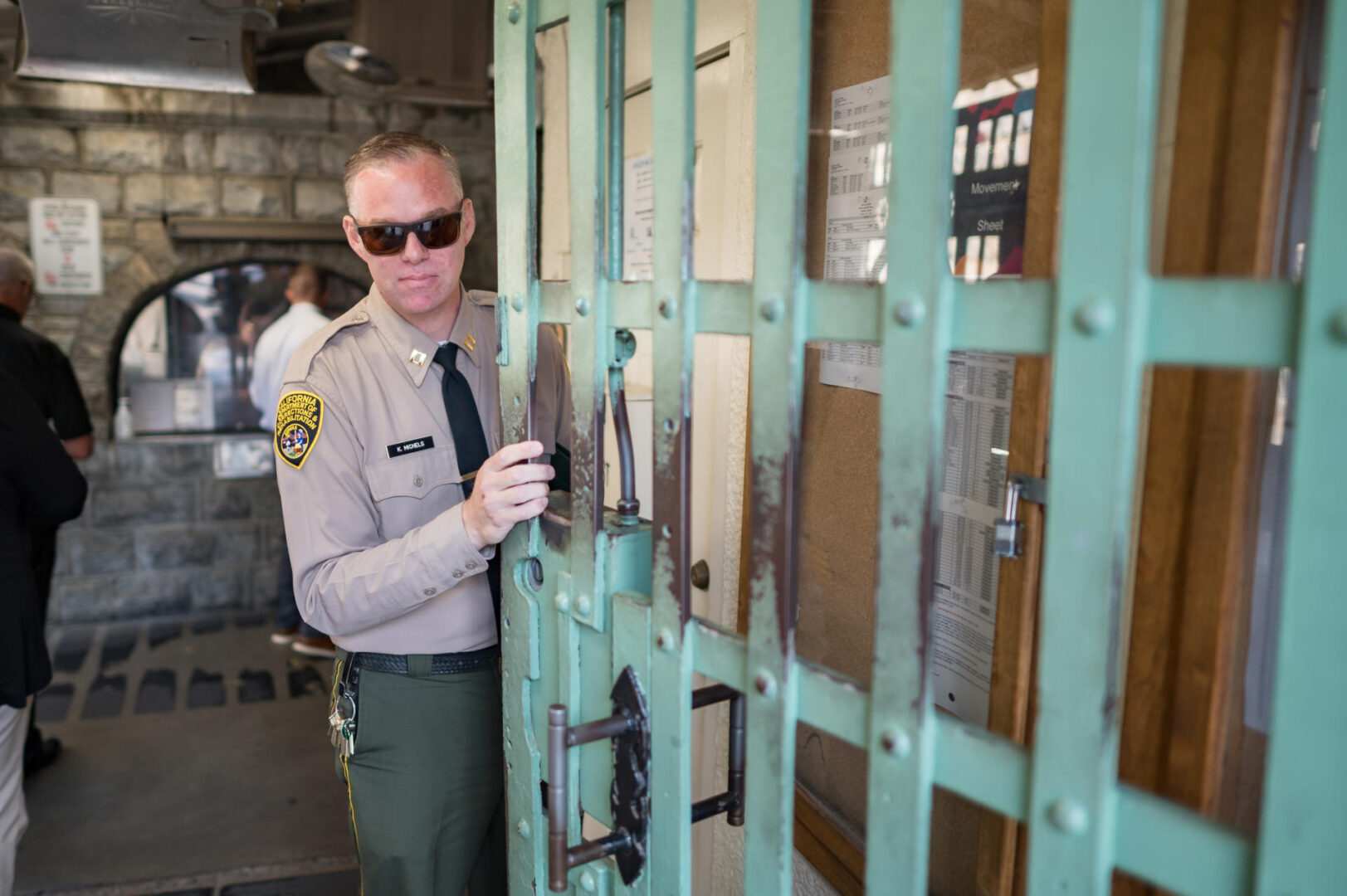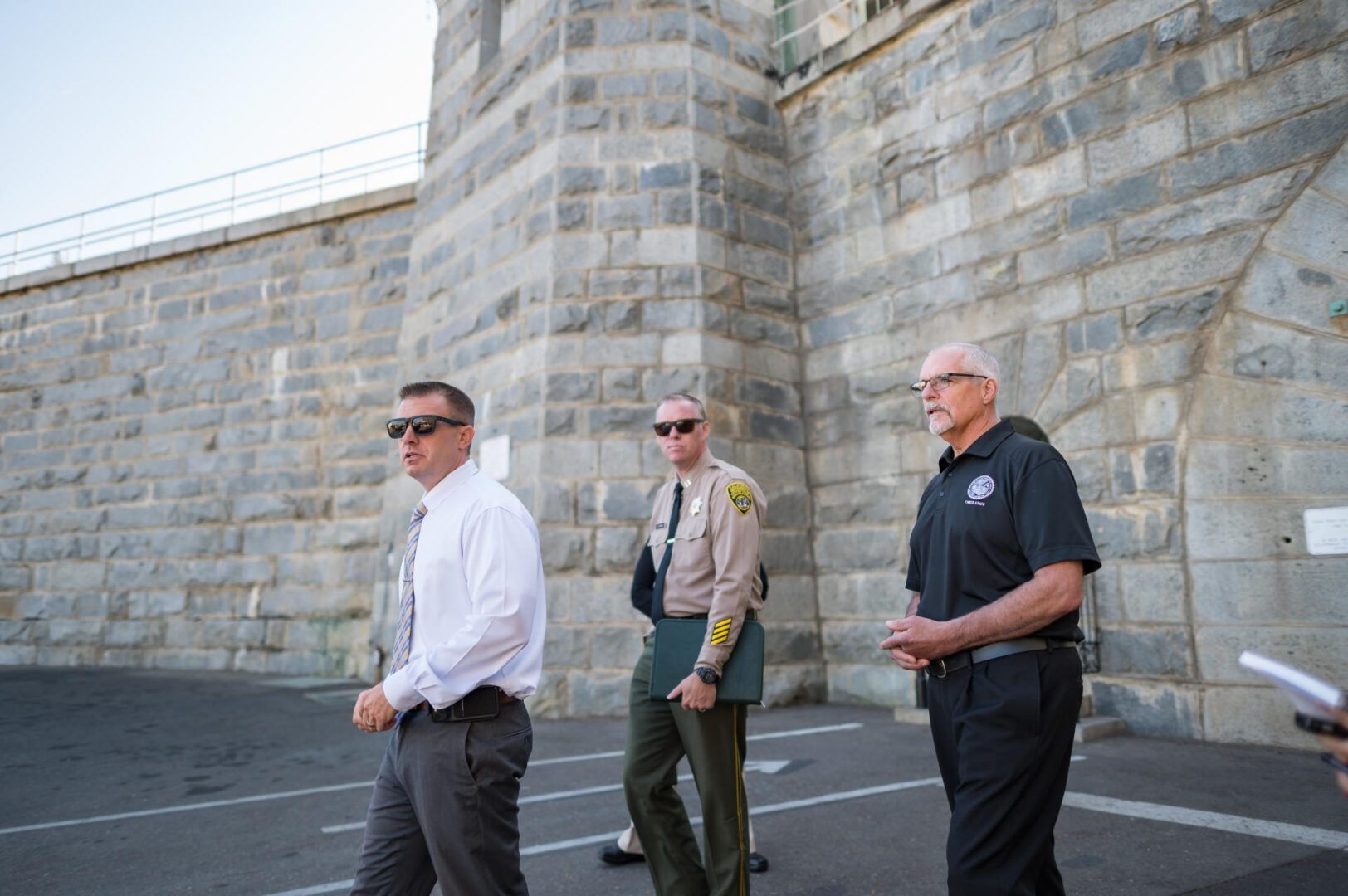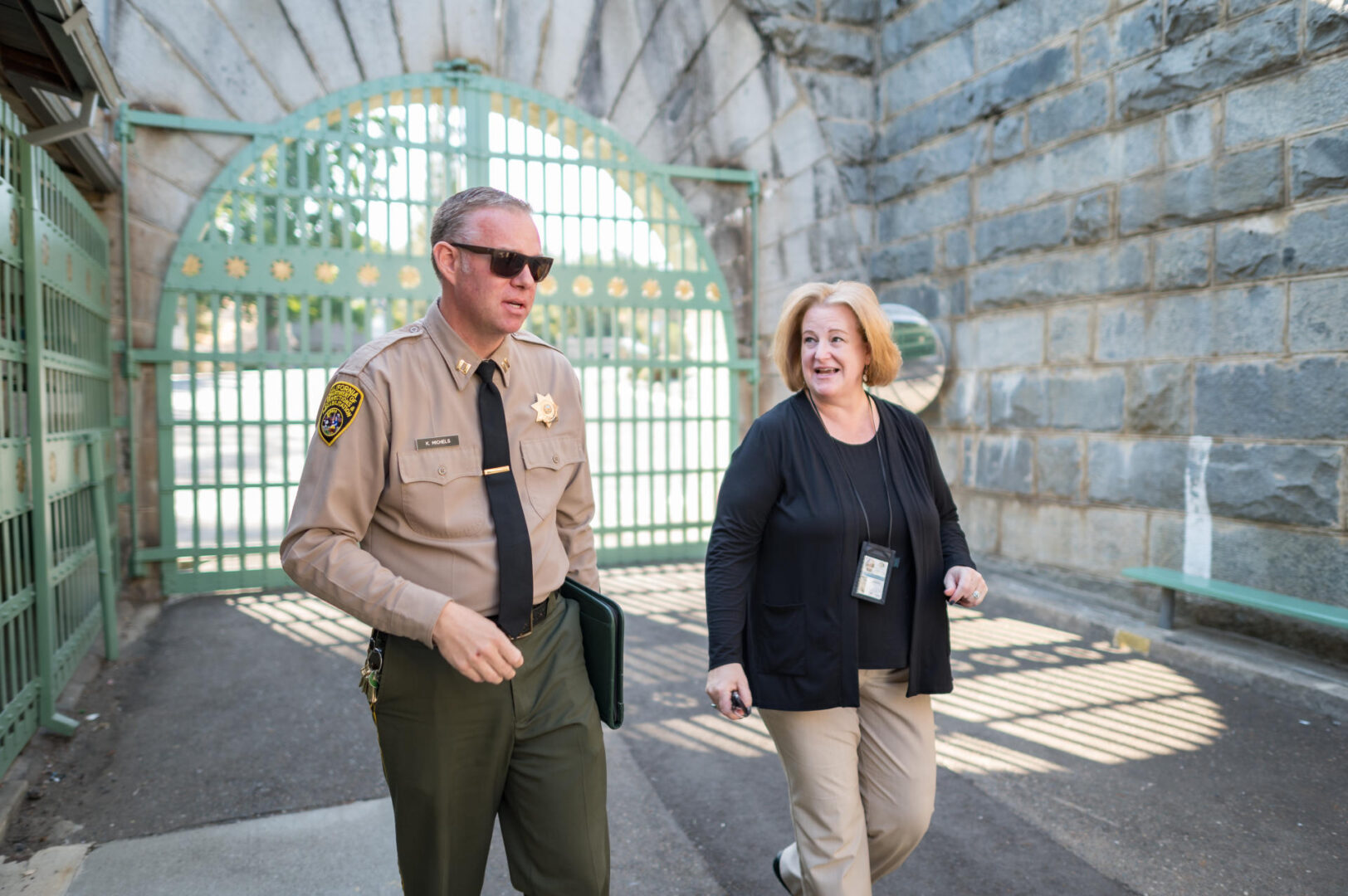Preparing the next generation of CDCR leaders through the Executive Leadership Institute
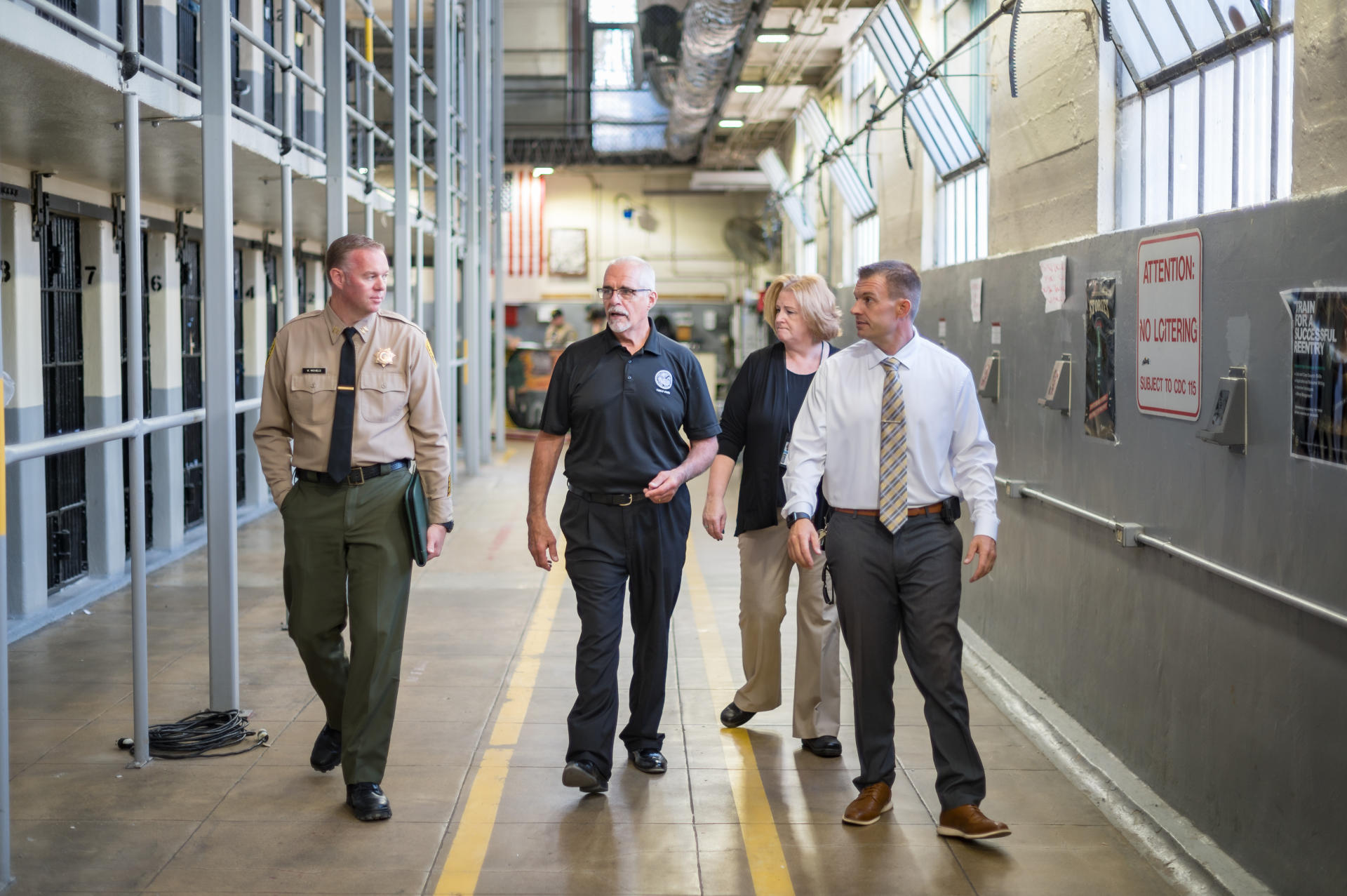
Chico State’s Professional & Continuing Education is helping prepare the next generation of leaders for the California Department of Corrections and Rehabilitation (CDCR) through a successful partnership between the University and the state agency.
The CDCR Executive Leadership Institute (ELI), developed in 2017, prepares state corrections executives to be decisive, effective, visionary leaders, and champions of change. More than 750 CDCR employees have graduated from the program since its inception, and the 41st cohort will graduate this December.
Taught by Chico State professors and corrections experts from universities across the country, ELI is a four-week program taught over four months. Participants are nominated by their supervisors to attend the professional development program.
During the program, CDCR staff learn to apply proven leadership strategies; use the principles of planning, research, and evaluation to promote change; and develop analytical skills and the ability to achieve results by working in teams.
“Supervisors strongly believe the people they nominate are going to lead the next generation, and this training is important to (CDCR) for that reason,” said Heather Quilici, professional development programs manager through PCE.
Although it’s been five years since Amy Casias enrolled in ELI, the program’s lessons, and the relationships she formed, have stayed with her to this day, said the deputy director of program support in CDCR’s Division of Rehabilitative Programs.
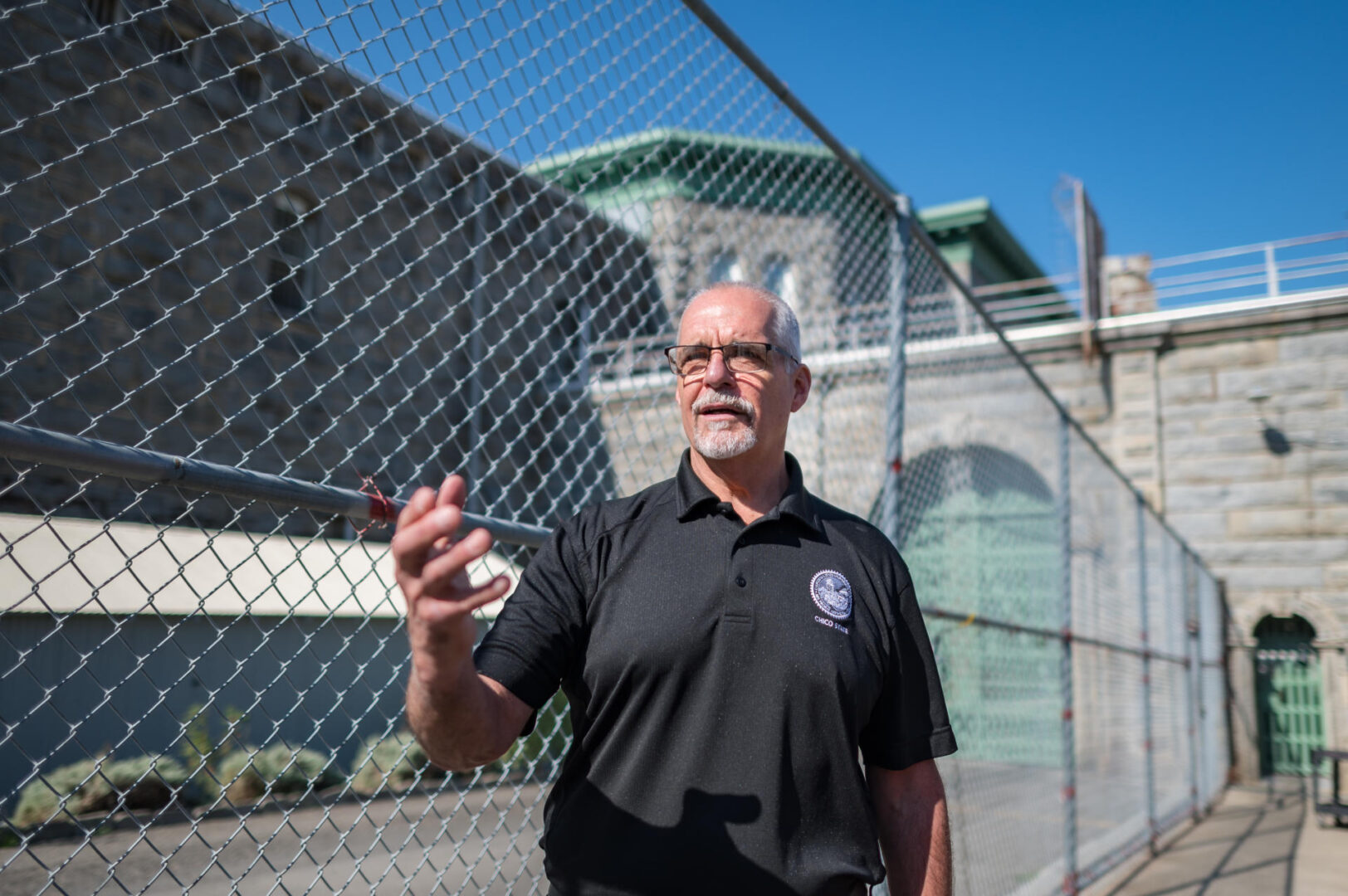
Casias encourages all her eligible employees to take the course and has nominated nearly 20 people for the program.
“I found it to be such a valuable time spent for me,” she said. “I want my team to have the same benefit, especially if they’re looking to be promoted.”
Rory Thelen, a retired 32-year veteran of the Wisconsin Department of Corrections, has been an ELI instructor for five years and is currently teaching his 15th cohort. He says it’s easy for units within large agencies to become siloed, so on the first day of class, he encourages everyone to get to know each other and be themselves.
His leadership and change management course focuses on building relationships in a way that is sustainable, productive, positive, and can lead to positive change.
Participants leave knowing how to use a sense of urgency to empower and engage their employees and shareholders in the process of creating change, said Thelen, who founded a leadership development consulting firm.
“Leadership is not just about hierarchy and ordering people around,” he said.
CDCR Capt. Keith Michels (Public Administration, ’06), who is part of the current cohort, said he’s heard positive experiences from colleagues and is looking forward to completing the program.
“I’ve learned a lot and have met a lot of great people,” Michael said. “Every prison has different operational needs and faces unique challenges, but at the end of the day, we’re all committed to the same mission. So, being able to interact with different people from CDCR across the state is very helpful.”
Unlike a supervisor academy, ELI is unique in that it offers less job-specific training and looks at the overall leadership perspective, he said. Having the different units involved and being able to step back and reflect on what leadership means is beneficial.
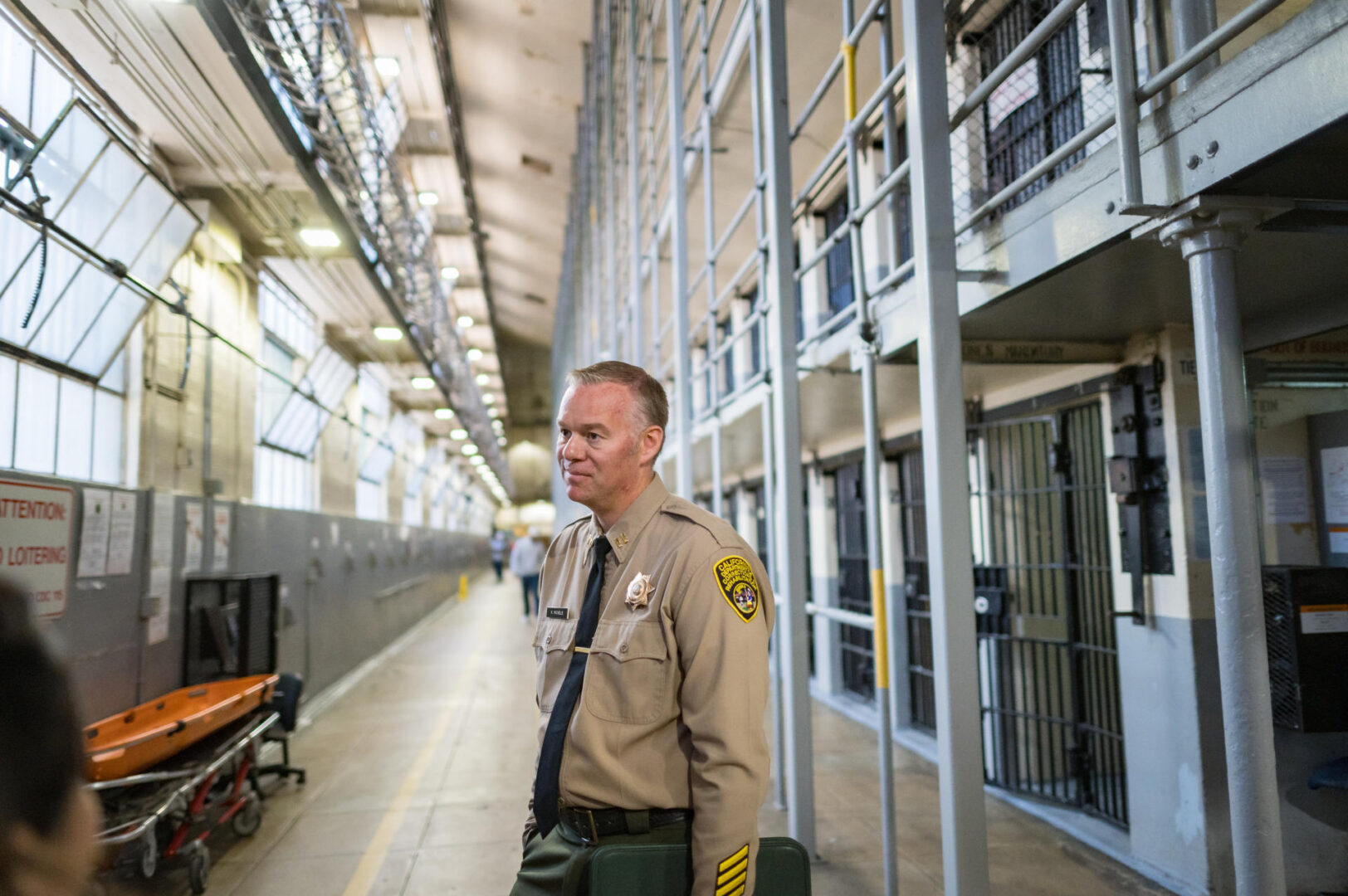
ELI facilitates networking opportunities that allow participants to have a better understanding of the interconnectedness of CDCR, which employs thousands of people across the state, Quilici said.
Working on a group project gives participants a different way of looking at problems, said Casias, who has been promoted twice since participating in ELI. The cohort must work together to solve problems and they learn to see everybody else’s perspective.
“It’s helped me solve every problem I’ve encountered since because you learn that it’s not just one perspective, that there are a lot of different people that are involved in making sure that you get to the right answer,” she said. “That knowledge and skill set has helped me be successful and get to where I’m at today.”
Kevin Cole, manager of the California Prison Industry Authority (CALPIA), completed the program six years ago and credits ELI with giving him a better understanding of CDCR’s operations. CALPIA, which operates within the CDCR, is a training and production program for incarcerated individuals.
“It was great to interact with the people on the CDCR side,” Cole said. “Most of the people I met there, I still see during site visits at different institutions. I met people all over the state that I would never have an interaction with. I still email some of the men and women in the (ELI) program. It puts everyone on the same team and working together.”
Casias said she is grateful to CDCR for providing this opportunity to employees, and for supporting people who take time away from regular jobs to participate in ELI.
“It’s valuable to give people the time to focus on improving themselves and their leadership skills,” she said. “There are a lot of benefits for employees, especially if they want to continue to advance within CDCR. We are investing in the future leaders of the organization.”



